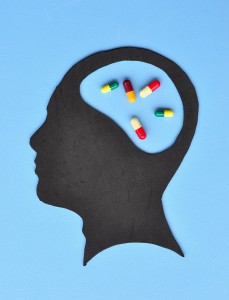Use and misuse of ADHD drugs and nootropics among teenagers and toddlers
 Ritalin may pose brain risks for young people without ADHD, study shows (Fox News):
Ritalin may pose brain risks for young people without ADHD, study shows (Fox News):
“Smart” drugs, like Ritalin, also known as nootropics, are known to increase a person’s attention span, memory and ability to stay alert. As a result, they have become increasingly abused by students seeking an extra edge in their studies. According to a report from The Partnership at Drugfree.org and the MetLife Foundation, approximately 1.3 million American teenager reported having misused or abused methylphenidate without a prescription in the past month.
Now, research is showing that methylphenidate may have some hidden side effects for those taking the drug without a prescription – or for those misdiagnosed with ADHD.…Over the long term, the researchers suspect that young people who abuse methylphenidate could be vulnerable to developing hyper-focused or rigid behavior, difficulties with multitasking or problems with short-term memory – particularly because a person’s prefrontal cortex does not finish fully developing until their late 20s or early 30s.”
Thousands of Toddlers Are Medicated for ADHD, Report Finds, Raising Worries (The New York Times):
“More than 10,000 American toddlers 2 or 3 years old are being medicated for attention deficit hyperactivity disorder outside established pediatric guidelines, according to data presented on Friday by an official at the Centers for Disease Control and Prevention. The report, which found that toddlers covered by Medicaid are particularly prone to be put on medication such as Ritalin and Adderall, is among the first efforts to gauge the diagnosis of A.D.H.D. in children below age 4.”
Related articles:


